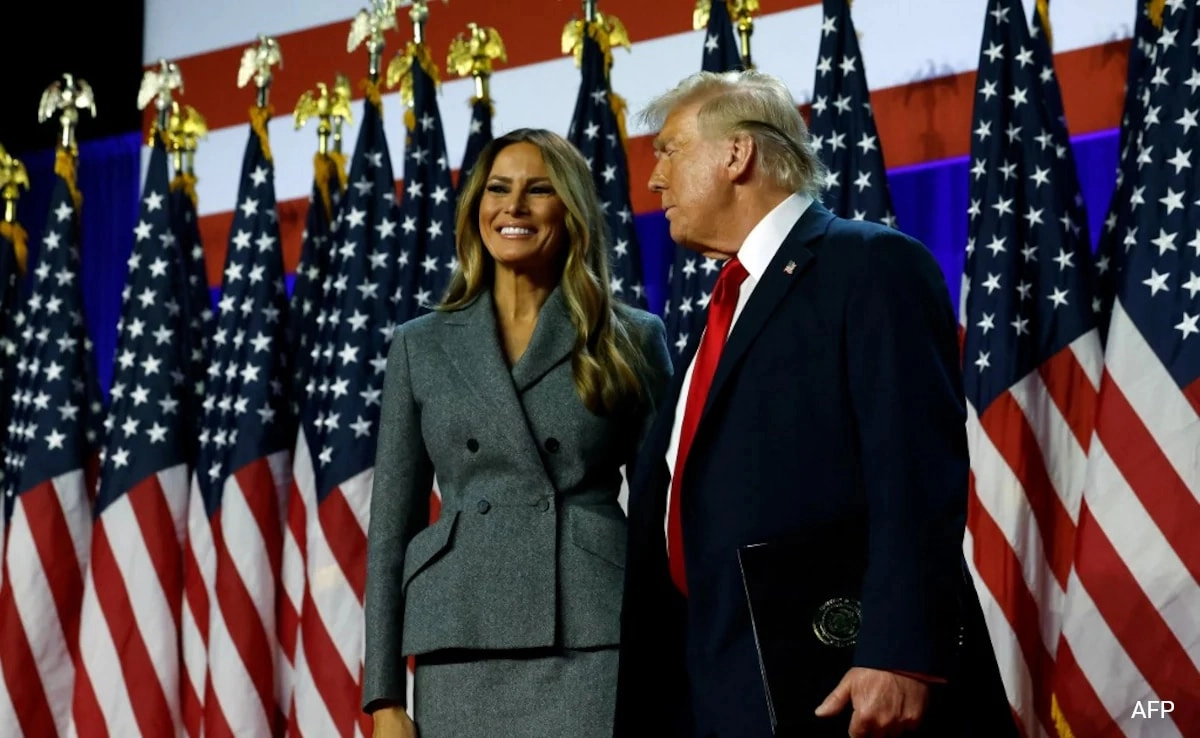Charlie Kirk, the founder of the conservative organization Turning Point USA, has recently made headlines following the arrest of an individual connected to a shooting incident involving him. The situation unfolded when reports emerged about a potential threat directed at Kirk, which ultimately culminated in law enforcement apprehending a suspect. In a surprising twist, former President Donald Trump remarked on the incident, suggesting that the shooter had been betrayed by someone close to him, which has raised questions regarding the motivations and circumstances surrounding the arrest.
While specific details about the shooter and the nature of the threat are still emerging, the involvement of a high-profile figure like Charlie Kirk has drawn significant media attention. Kirk, known for his outspoken conservative views and activism, has often found himself at the center of controversies, and this incident adds another layer to his already complex public persona. Trump’s insinuation that betrayal played a role in the shooter’s actions introduces an intriguing narrative about loyalty and trust within the circles surrounding Kirk.
The implications of this incident extend beyond just the immediate circumstances of the arrest. It highlights the increasing polarization in American political discourse and the potential dangers that public figures may face as they navigate their roles in an often hostile environment. As investigations continue, questions surrounding the motivations behind the shooting and the identity of the individual who turned the shooter in will likely remain at the forefront of discussions. The intersection of politics, personal relationships, and safety is becoming an increasingly significant topic, especially for those like Kirk, who are at the forefront of political activism.
As more details are unveiled, this incident serves as a stark reminder of the volatile nature of contemporary political life, where public figures are not only subject to scrutiny but also potential threats. The reactions from both Kirk and Trump highlight the broader implications of such events on the political landscape, emphasizing the need for vigilance and the importance of understanding the motives behind both action and betrayal in high-stakes environments. The unfolding story will undoubtedly continue to captivate public interest as it reveals deeper insights into the complexities of political allegiances and the personal ramifications of public life.




